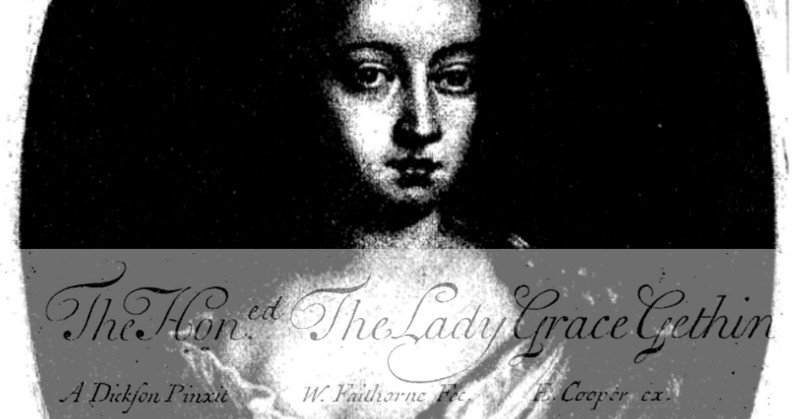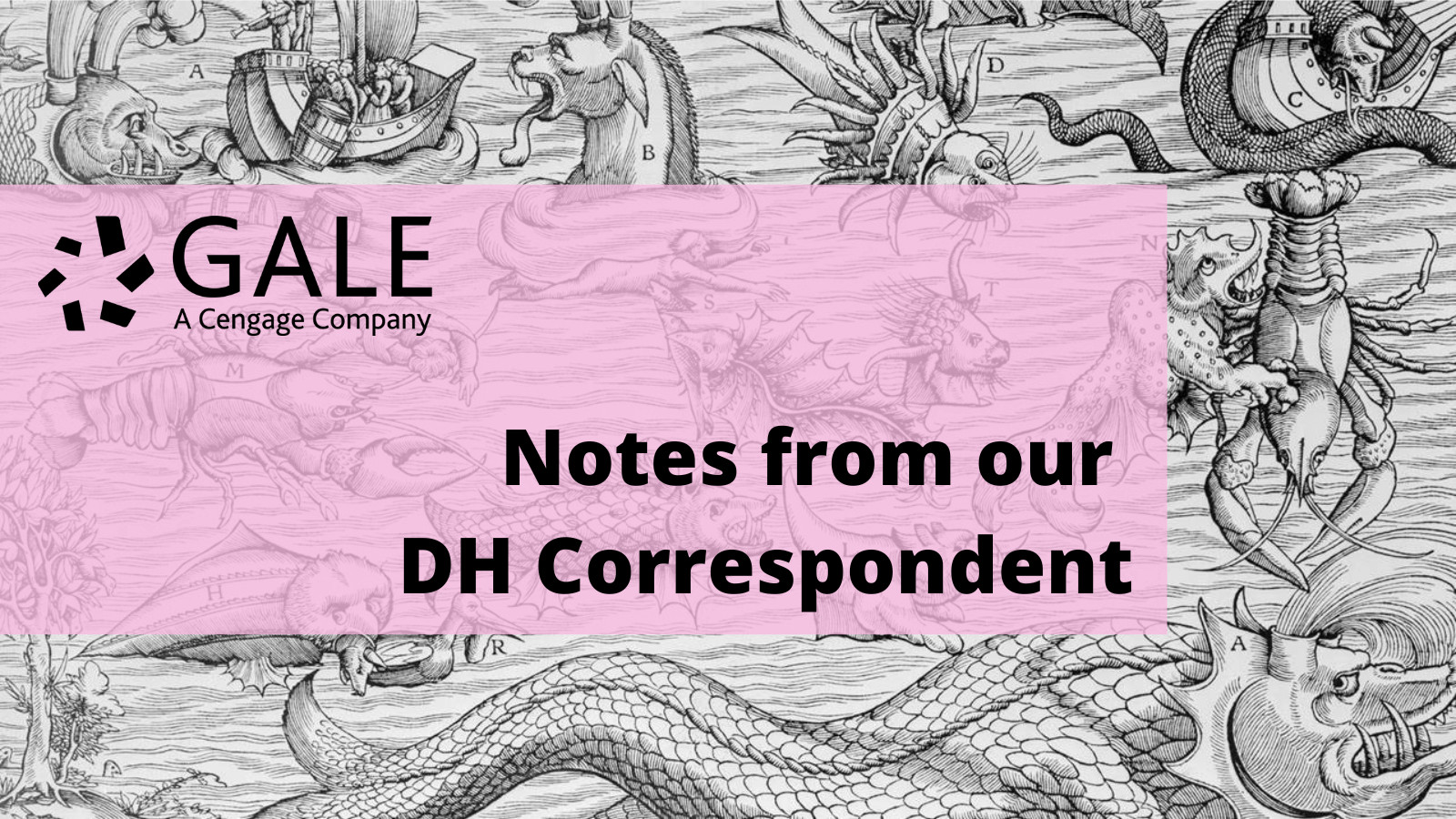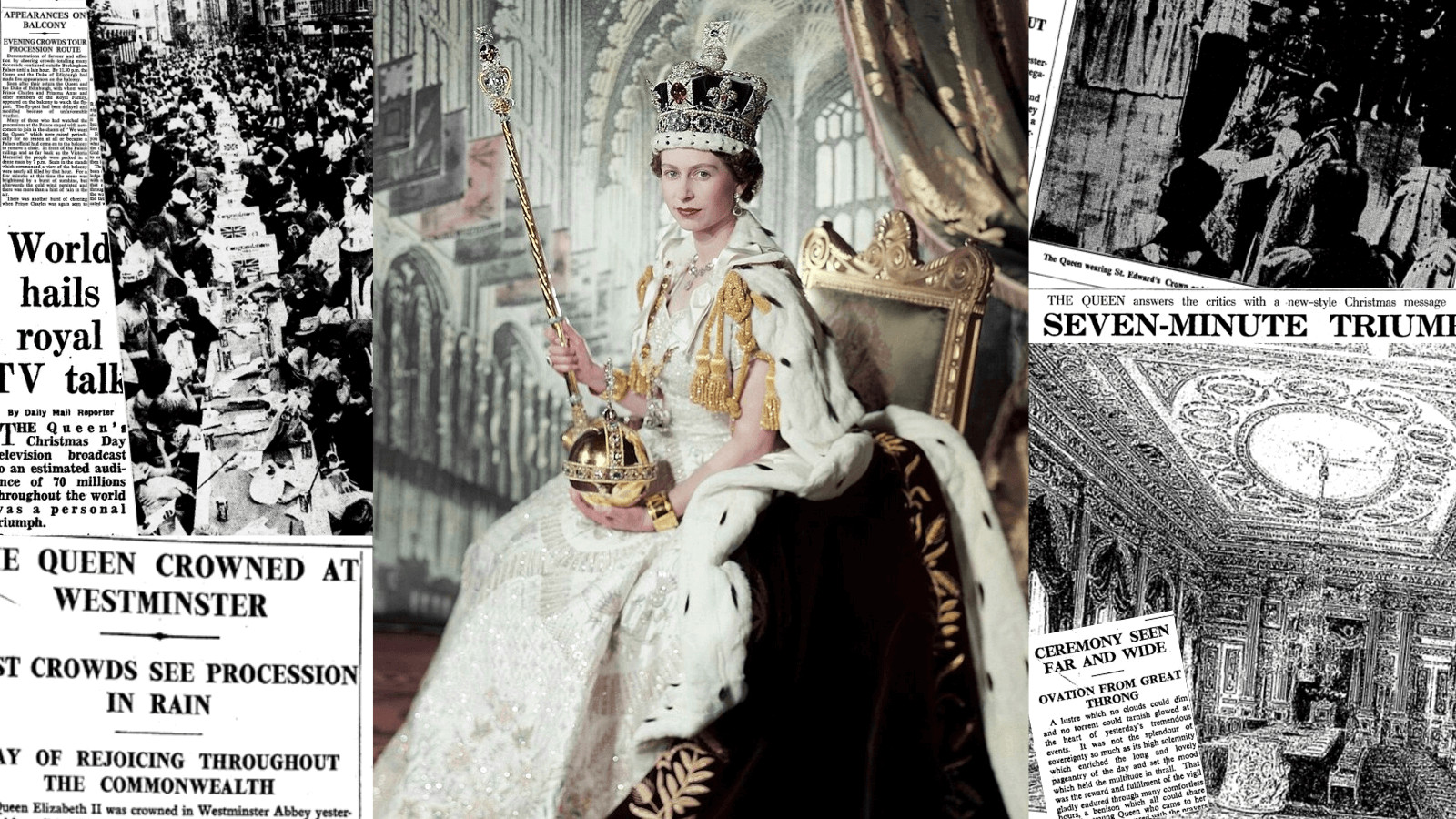│By Ben Wilkinson-Turnbull, Senior Gale Ambassador at the University of Oxford│
The eighteenth century saw an outpouring of writing by women in print. But accessing these important texts, whether it’s for teaching or research, can be difficult. Many survive as unique copies in the rare book collections of institutional libraries, or have not been reprinted since they were originally published. Those that have are often only available in expensive critical editions or affordable anthologies that do not capture the materiality or mise-en-page of the original text. But thanks to Gale’s Eighteenth Century Collections Online (ECCO), many of these texts are now available as digital facsimiles from the comfort of your own desk or classroom.





